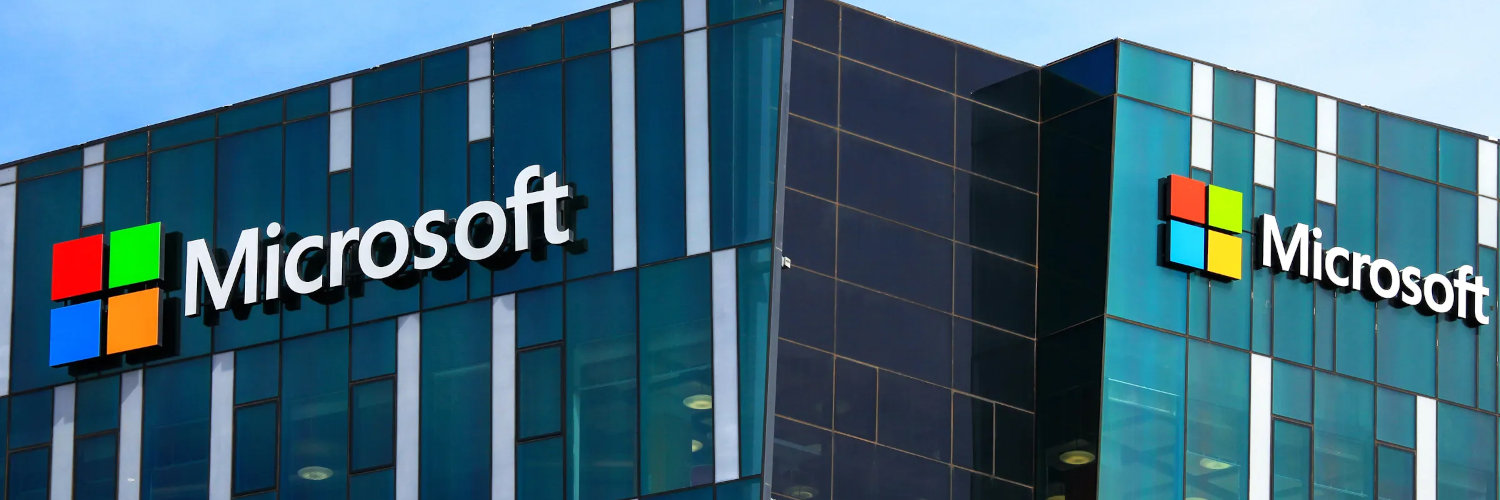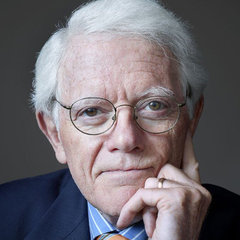

Microsoft Corp
NASDAQ:MSFT

During the last 3 months Microsoft Corp insiders bought 2m USD , and sold 7.6m USD worth of shares. The stock price has dropped by 18% over this period (open performance analysis).
The last transaction was made on
Feb 18, 2026
by
Stanton John W
, who
bought
2m USD
worth of  MSFT shares.
MSFT shares.






























During the last 3 months Microsoft Corp insiders bought 2m USD , and sold 7.6m USD worth of shares. The stock price has dropped by 18% over this period (open performance analysis).
The last transaction was made on
Feb 18, 2026
by
Stanton John W
, who
bought
2m USD
worth of  MSFT shares.
MSFT shares.
Microsoft Corp
Glance View
In the dynamic world of technology, Microsoft Corp. has consistently positioned itself at the forefront of innovation and enterprise solutions since its founding in 1975 by Bill Gates and Paul Allen. Evolving from its initial foray into personal computing software, Microsoft engineered a transformation in the tech ecosystem with its Windows operating system. Today, it is a behemoth in various facets of the industry, from cloud computing with Azure to productivity software suites like Microsoft Office. Unlike the mythic tales of overnight success, Microsoft's ascent reflects strategic adaptability and foresight, crafting a narrative of calculated pivots and robust diversification. The company’s business model intricately weaves together a mélange of software products, services, and hardware. Its revenue streams are diversified across licensing fees, subscriptions, cloud services, and hardware sales. Azure, Microsoft's cloud platform, stands as a stalwart in the cloud computing arena, offering a multitude of services to enterprises, outpacing competitors through aggressive innovation and enterprise engagement. Meanwhile, the Office suite's transition to a subscription-based model underlines a shift toward a recurring revenue stream, which has fortified its financial stability. Microsoft's success isn’t merely rooted in software; its ventures into gaming with Xbox and acquisitions like LinkedIn signify a robust portfolio, leveraging a vast ecosystem to sustain growth and relevance across an array of markets.

What is Insider Trading?
Insider trading refers to the buying or selling of a company’s stock by individuals with access to non-public, material information about the company.
While legal insider trading occurs when insiders follow disclosure rules, illegal insider trading involves trading based on confidential information and is prohibited by law.
Why is Insider Trading Important?
It isn't a coincidence that corporate executives seem to always buy at the right times. After all, they have access to every bit of company information you could ever want.
However, the fact that company executives have unique insights doesn't mean that individual investors are always left in the dark. Insider trading data is out there for all who want to use it.

Insiders might sell their shares for any number of reasons, but they buy them for only one: they think the price will rise.

